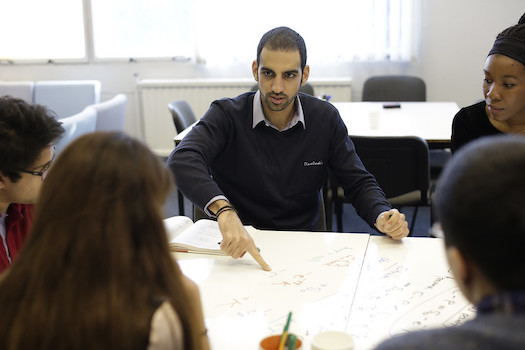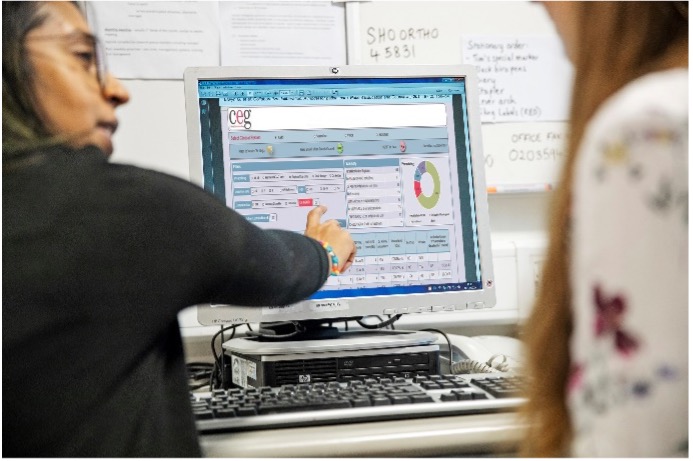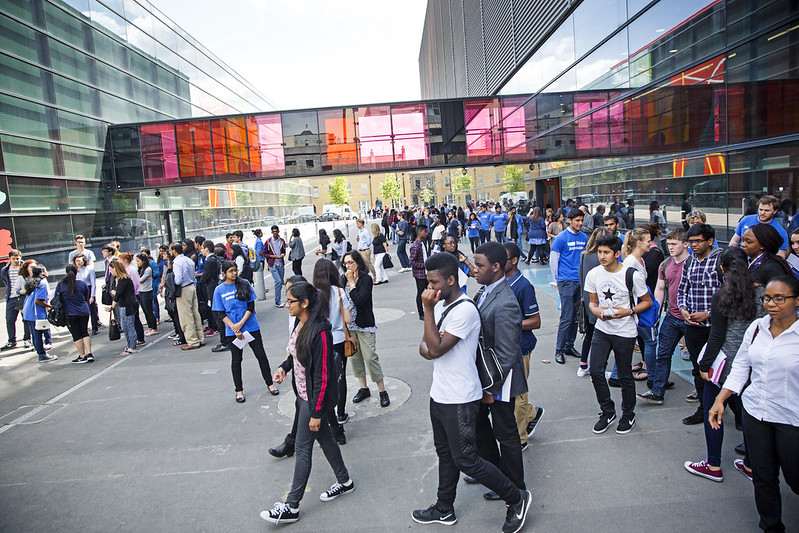Funding Application Support
Looking to submit a research funding application in the next year?
This programme of online support will help you submit a strong proposal on time
This programme will bring you together with other researchers who are working to submit sometime in the near future. Join a group of colleagues with whom you can discuss your progress and help keep you accountable to your submission deadlines.
These sessions harmonise with information seminars organised at Faculty level, or within Schools and Institutes. Those sessions focus on specific fellowship and funding programmes sought-after in your disciplines. Please contact your Faculty, School, or Institute Research Manager for details.
They consist of a flexible series of online meetings and writing retreats to support the submission process. Each session will focus on a particular part of a typical funding application submission, and we will discuss how to obtain assistance and support in crafting the narratives of a competitive application.
During this programme, we will pair you up with a buddy for peer support and to help you set goals to keep you on track for your submission deadlines.
Support for writing Narrative CVs, including the Resume for Research and Innovation (R4RI)
We run a stand-alone version of the first writing retreat of this programme, dedicated to supporting you in writing your narrative CV or R4RI. Visit CPD-Training for dates and times.
Programme Elements
When you sign up for our programme, we ask you to complete a short questionnaire to identify your funding opportunties and deadlines. We will use this to help match you to people so that you might support each other through the submission process. These will include 5-7 researchers who are similarly working towards deadlines in the next year. You will meet in your cohorts half-way through and at the end of the support series.
We will also match you to a 'Buddy' in the first session. We would like everyone involved to have a go-to person to check in with about progress, ask quick thoughts of, and to troubleshoot issues you might encounter on the road to submission. You'll get an opportunity to check in with your Buddy at each session.
All funding schemes will ask you to submit a CV of some kind, and like any situation demanding a CV, you should be tailoring it to make your case for funding. Funders are also paying more attention to your career development plans, whether for fellowships, new investigator grants, or standard grants. Half of this session will be spent on CVs (including Narrative CVs and R4RI formats), and the other half on writing about career and professional development.
[Running time: 3 hrs, including 1-2 hours of writing]
This session also runs as a stand-alone workshop / writing retreat
This is your main research proposal and will be the most scrutinised part of your application. Known by different names, your Case for Support, your Vision and Approach, your Research Proposal must convince the peer reviewers and panel of your research idea’s relevance, excellence, impact, and that you’ve planned it sufficiently well as to convince them of the project’s feasibility.
Successful applications will interweave narratives giving insight into the reseach impact strategy, plans for career development and research leadership, commitment to champion exemplary research and organisational culture, and good project planning and management.
[Running time: 3 hrs, including 1-2 hours of writing]
Though these are some of the first things that people will read in your application, there is a logic to them being some of the parts of the application that you will finalise last.
We will also use part of this retreat to discuss writing style, voice, the approachability of your language choices (to those outside your discipline) and readability of your application narratives.
[Running time: 3 hrs, including 1-2 hours of writing]
We will use this session to dedicate to anything else that you want to focus, or revisit. This may include elements we’ve covered in previous sessions that we can focus on in more detail.
[Running time: 3 hrs, including 1-2 hours of writing]
Bespoke support in crafting responses to peer reivewers, and help to organise mock-interviews, as needed for applicants.
Cohort 1: Nov 18, 25, Dec 2, 9, Jan 13, 20
Cohort 2: May 6, 13, 20, 27, June 3, 10
To book your place, visit CPD-Training
For those looking to develop their ideas and learn about funding opportunities, visit the Transition to Independence section of the Academic Career Development Programme.


